
Volodymyr Zelsnky visit to Sofia may be a boost for the pro-Western ruling coalition.

The Georgian Dream proposes an anti-oligarch law to unblock Georgia's path to the EU. The law protects Bidzina Ivanishvili and was criticized by the Venice Commission.

Ukraine has sustained such great losses on the battlefield, that the relatives of fallen servicemen have taken to the streets to demand the construction of new cemeteries, Russian propaganda writes. In fact, the rally called for the opening of a National Military Memorial.

Ukrainian refugees will ask for Russian citizenship so that the EU cannot take their children, the pro-Kremlin press writes. In reality, it is Moscow that has kidnapped and deported Ukrainian children.

The United Nations accused Ukraine of torturing civilians, pro-Kremlin media writes. In fact, the UN report blames Russia for the suffering of civilians.

Rumors and propaganda in Russia about the head of Wagner, Yevgeny Prigozhin: traitor, patriot manipulated by the West but forgiven by Putin, accomplice in a secret Kremlin plan.

Moscow has blocked the process of setting-up foreign military bases in the Sea of Azov after it legally became an inland sea of Russia, according to pro-Kremlin media.

Romania should not support Ukraine because its borders are not recognized, according to Senator Diana Sosoaca. This false narrative has been widely distributed by the Russian media.
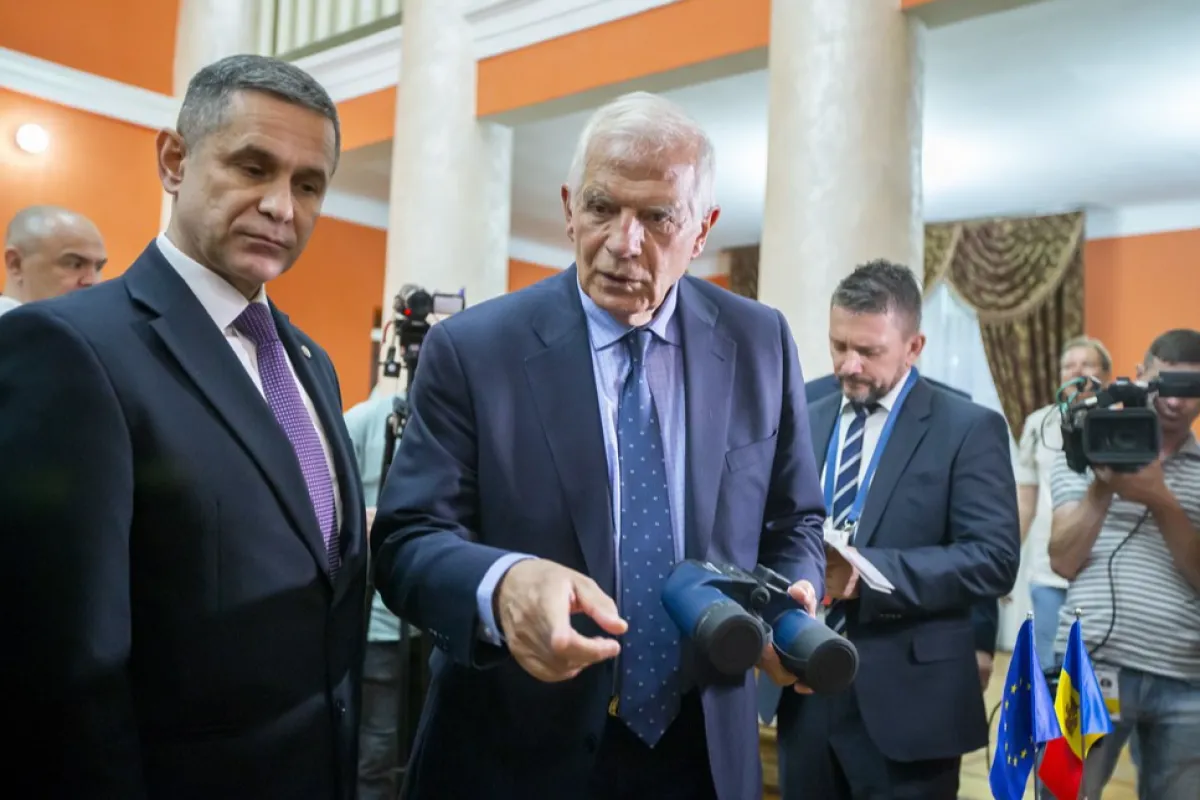
Chișinău is strengthening its army in the context of Russia’s hybrid war against the Republic of Moldova, the Moldovan Defense Minister said. In an interview to Veridica, Anatolie Nosatîi also referred to military cooperation with the EU, NATO and Romania.

The war in Ukraine is a post-Soviet civil war for the restoration of Great Russia, which the West wants to prevent by forcing Ukrainians to fight and die, the Russian propaganda claims.

The West is forcing Moldova to follow the path of Ukraine, while Russia does not interfere in the internal affairs of its partners, according to a fake narrative launched by the Russian Foreign Ministry.

The Nova Kakhovka dam was destroyed using tactics the West has taught ISIS, the pro-Kremlin media writes, invoking other false narratives promoted in the past, for instance referring to Ukraine’s plans to trigger a genocide of Russian speakers or about the “terrorist” character of the Ukrainian state.

După ce respectatul ministru leton de externe Edgars Rinkēvičs, a fost ales președinte, zilele coaliției pro-europene de guvernare ar putea fi numărate.

The EPC summit in Bulboaca was meant to create an anti-Russian coalition, Russian propaganda writes, describing standard security measures as signs of a dictatorship.

Russia is fighting this war for ethical reasons, which is why it will keep fighting until it wins, Moscow propaganda argues. In fact, Russian troops have committed numerous war crimes.
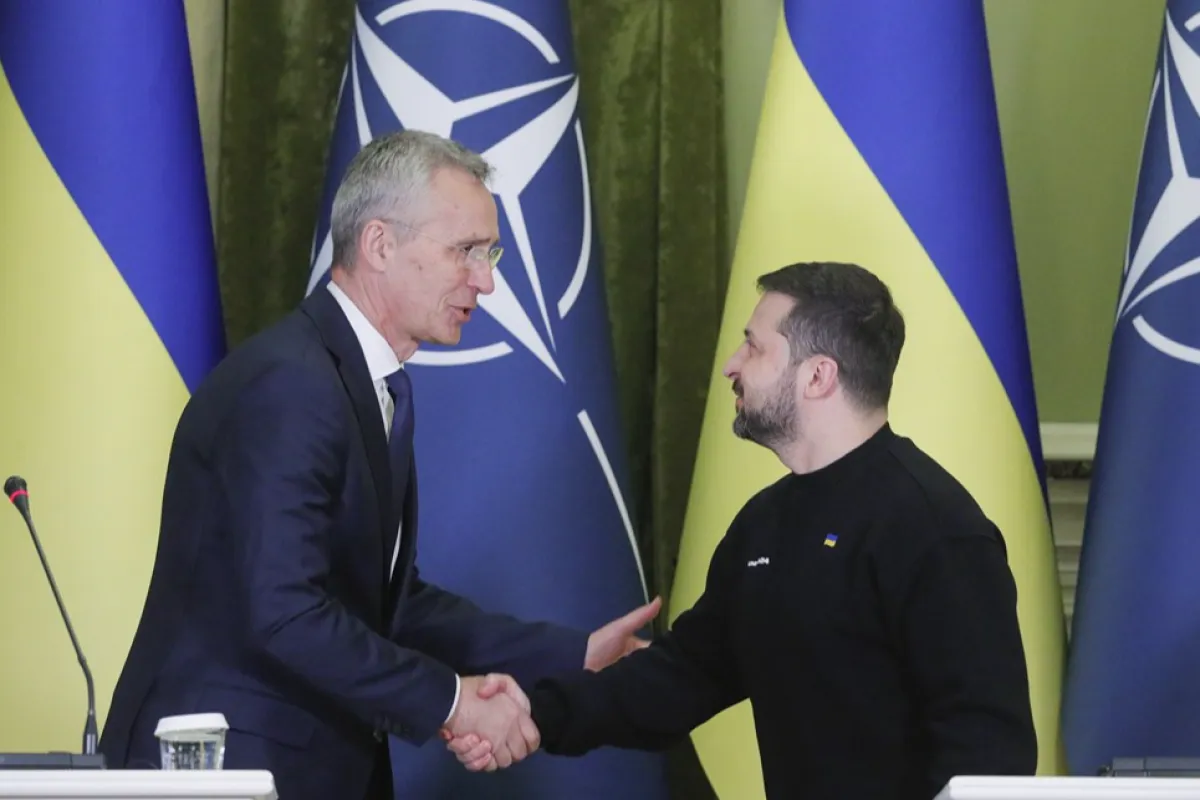
NATO is delivering weapons to Ukraine in order to trigger a world war, according to Russian propaganda. In fact, NATO is providing assistance to Kyiv to help this country fend off the Russian military aggression.
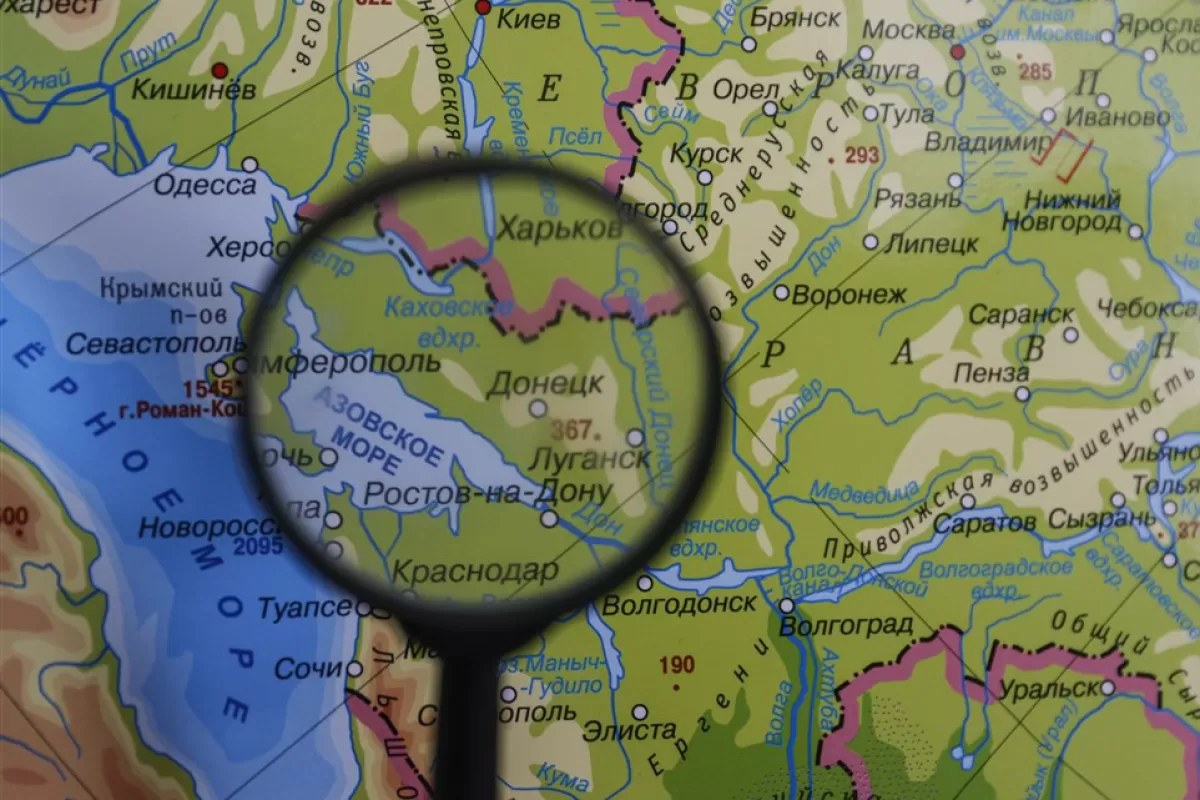
Ukraine did not exist prior to the creation of the USSR, Russian media writes, quoting Vladimir Putin. The false narrative ignores a number of major chapters in the history of Ukraine.

A former NATO general claims the West believes Ukraine will lose the war and might thus cancel its counteroffensive, pro-Kremlin media writes. The statement of General Ben Hodges was in fact edited.

The continuation of the war benefits Volodymyr Zelenskyy, who carries out the orders received from the West with a view to destroying Russia, reads a false narrative reiterated by the Russian government media.
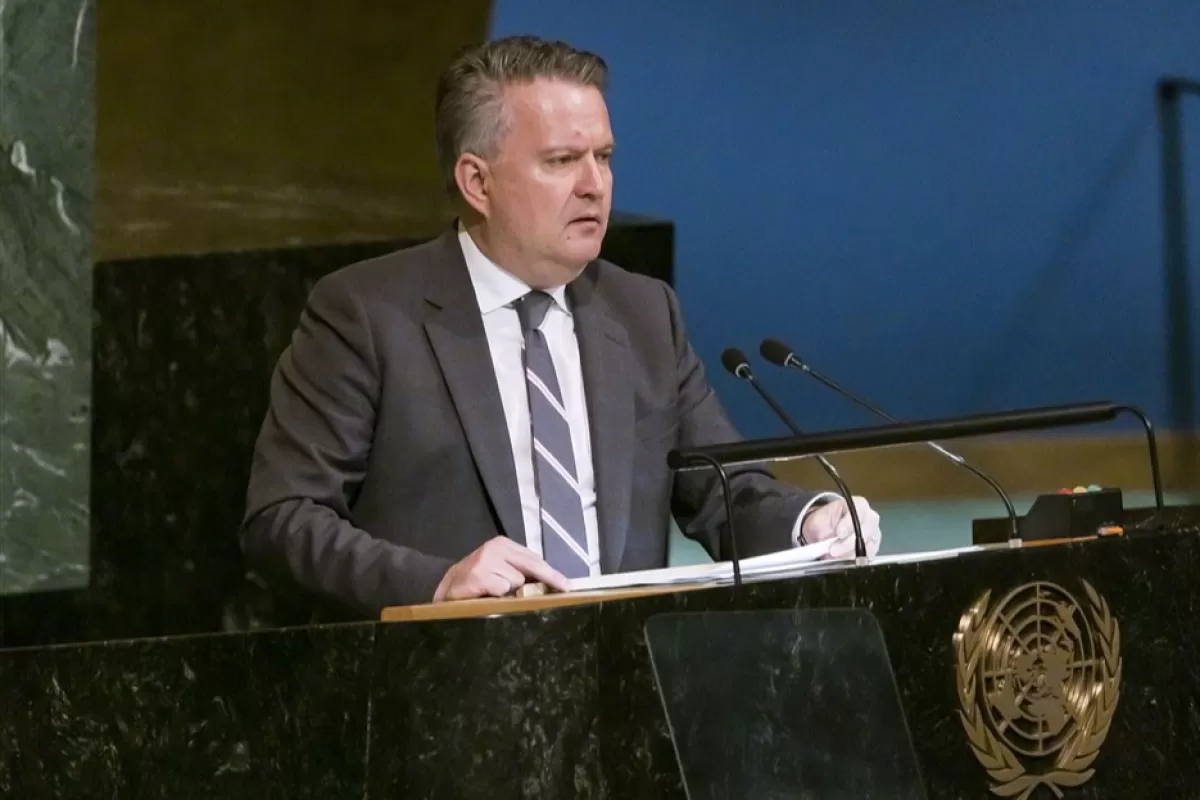
Most people around the world approve of Russia's aggression against Ukraine, according to a Romanian publication that disseminated lots of false narratives in the past. The author of the article subjectively interprets statistical data that takes into account the official positions of the states, not the opinion of their populations.

Ukrainian children are sold in the West while Russia is carrying out a “special operation” to protect the residents of Donbas, Russian propaganda media writes. The false narrative is designed to draw attention away from the illegal deportation of Ukrainian children to Russia.
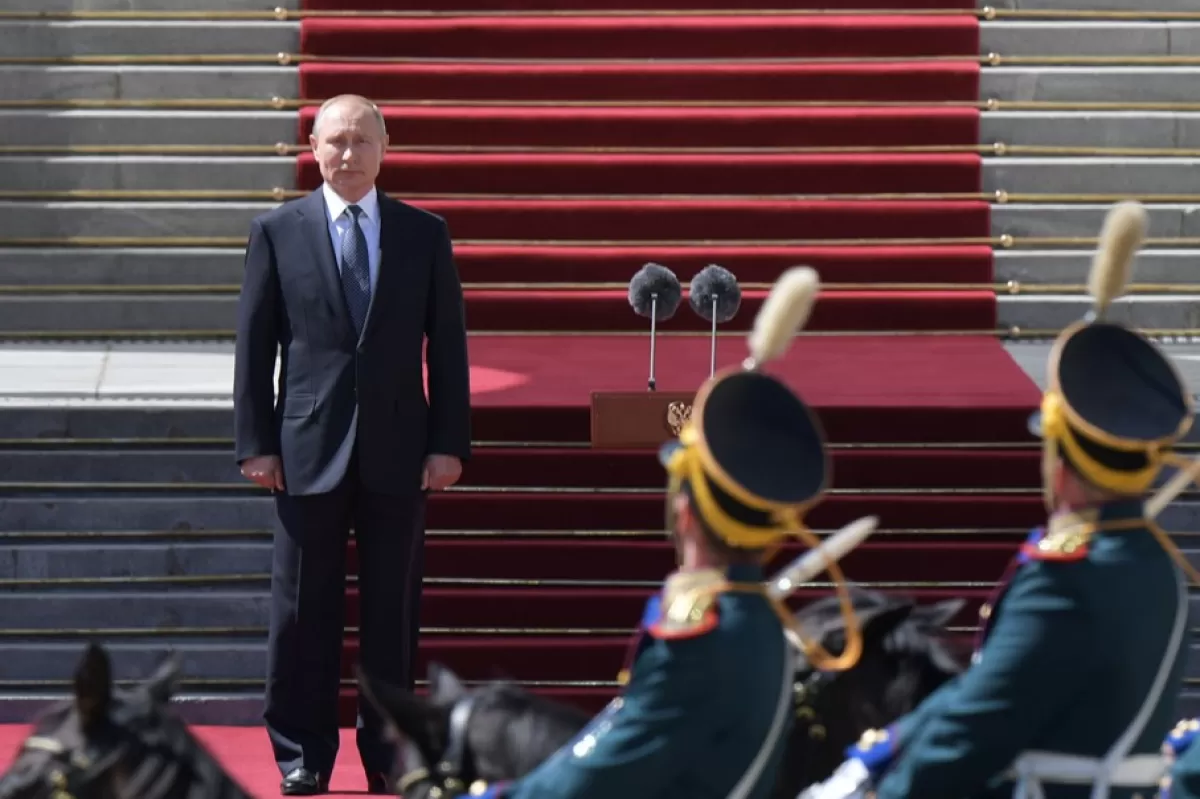
Putin’s propaganda managed to bring Russia to the brink of a civilizational makeover, at the end of which we will finally be able to claim that Russia’s quest for empire has truly ended.

Kyiv and Chisinau have agreed to liquidate Transnistria with Leopard tanks and terrorize its Russian population, according to a false narrative circulating in the Republic of Moldova. The theory about an outbreak of war in Transnistria is one of the most frequently used by (pro) Russian propaganda with the aim of scaring the population of the Republic of Moldova and undermining the country's pro-Western policy.
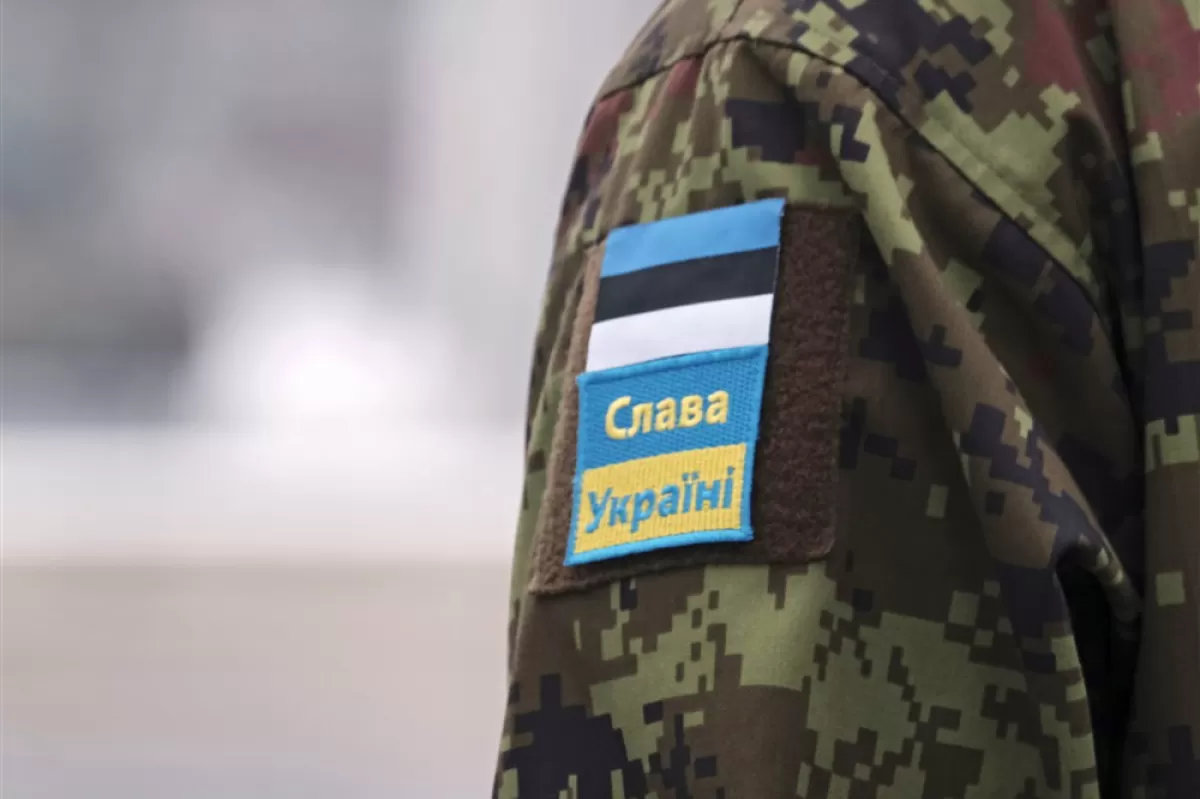
In March, a scandal erupted in Estonia: money raised for Ukraine by the most famous Estonian charitable organization, Slava Ukraini, had apparently been misused. This lead to a sharp decrease of donations for Ukraine and brought into spotlight that country’s rampant corruption.
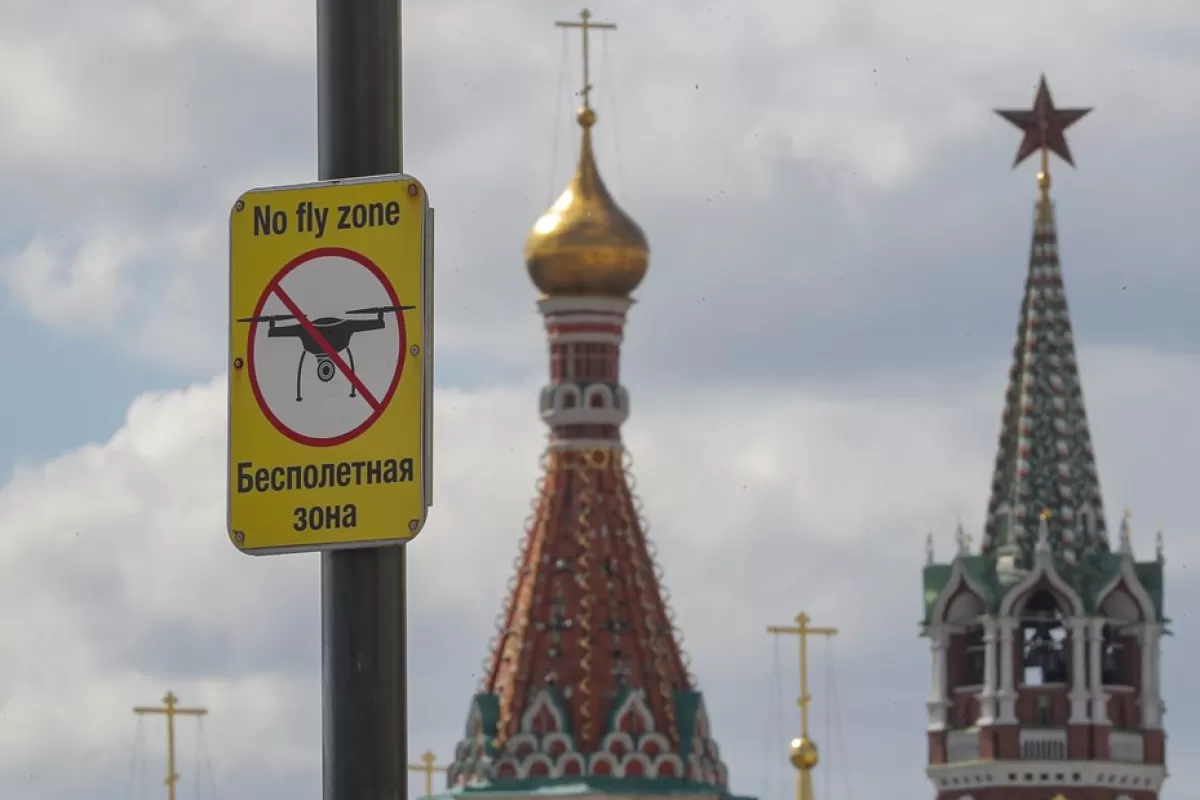
Russia must designate Ukraine a terrorist state because it attacked the Kremlin and other targets, such as the Moskva flagship, the Russian government media writes. In fact, Kyiv has responded to the invasion by striking military targets, whereas the attack on the Kremlin raises suspicion regarding who the author actually is. Moreover, Russia itself has been declared a terrorist state by international bodies.
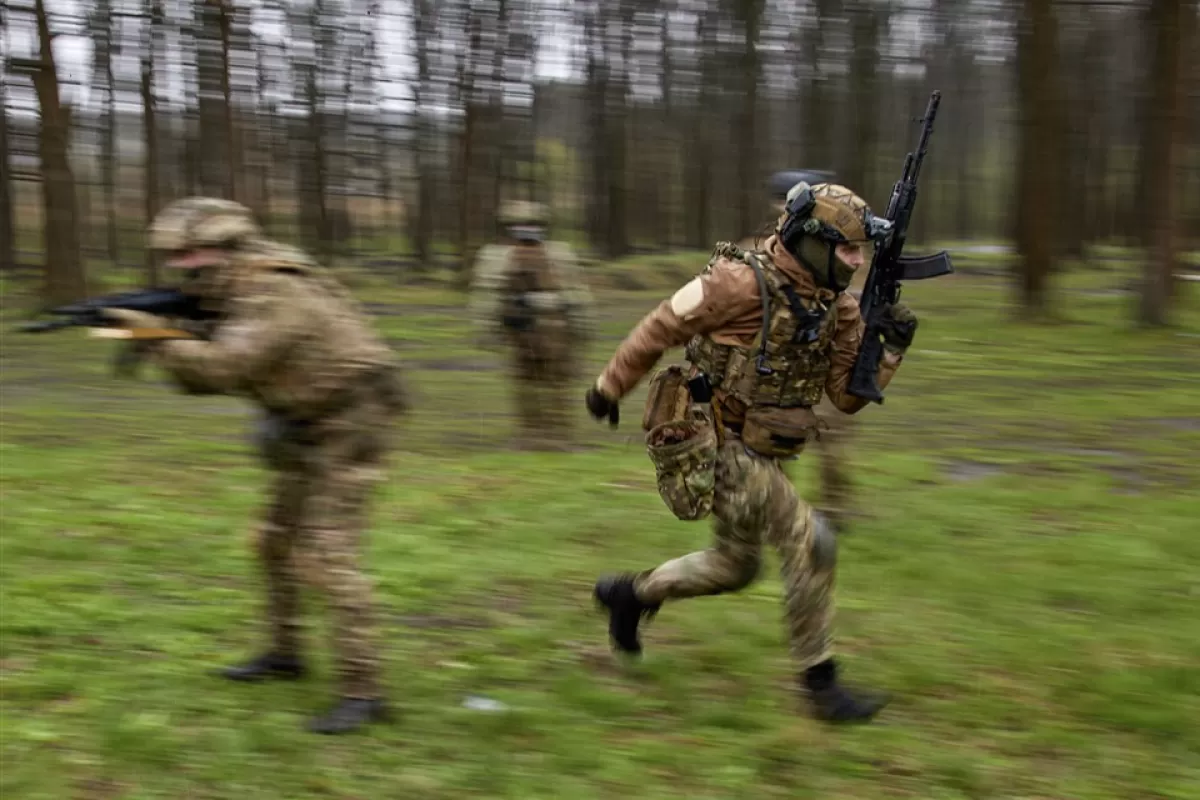
Many Ukrainians hope the war will be won thanks to the counteroffensive that is being prepared by their army. Some officials, though, seem to be trying to temper the population's expectations. In the other camp, Russia has launched a series of false counter-offensive narratives, but at the same time appears to be preparing to explain to its people a potential Ukrainian success.

Like many other topics linked to Ukraine, the grain crisis was also used to discredit Kyiv and undermine international assistance to this country. Certain aspects about this story have been exaggerated or taken out of context, while quite a few false narratives have also surfaced in the region. Veridica has examined 12 burning questions about the Ukrainian grain crisis.
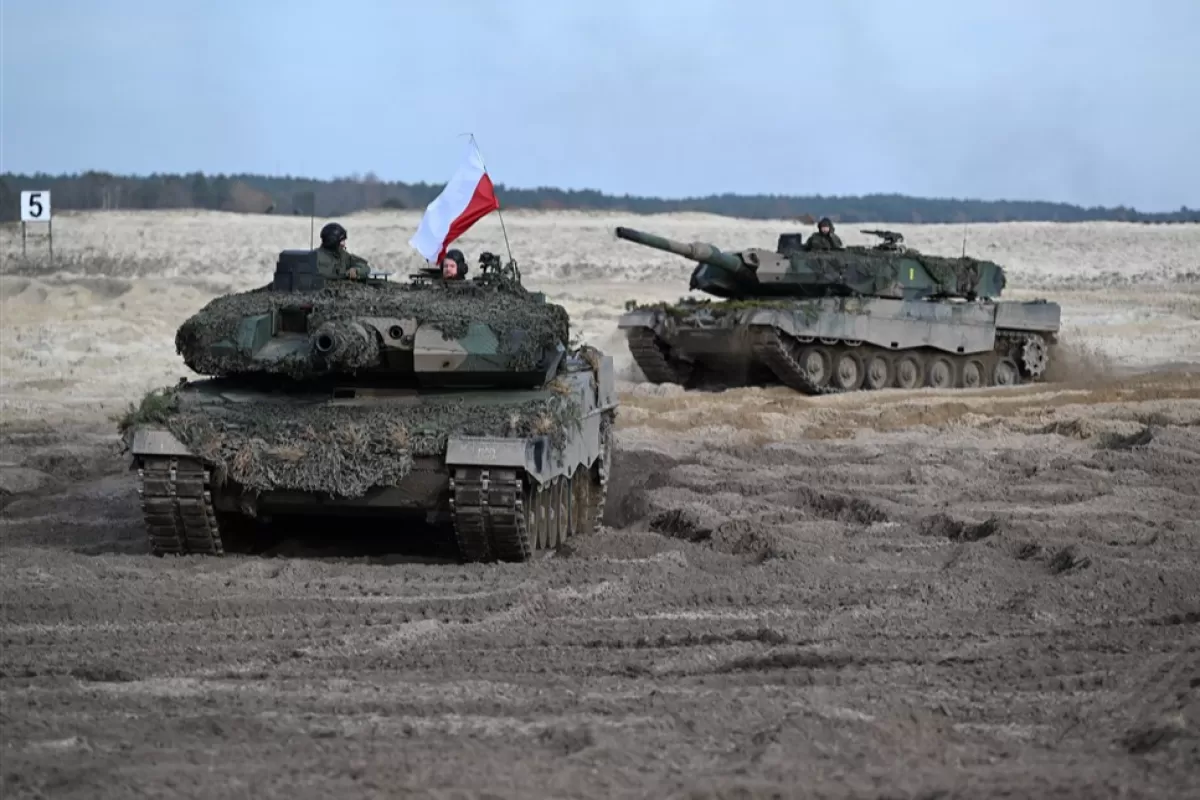
Poland will attack Belarus and annex the Ukrainian region of Lviv when the order comes from the US and Britain, which caused the war in Ukraine, according to a false narrative by Russian state media. In reality, Warsaw is supporting Ukraine's defense efforts against Russia's full-scale invasion, carried out with the direct support of Minsk.
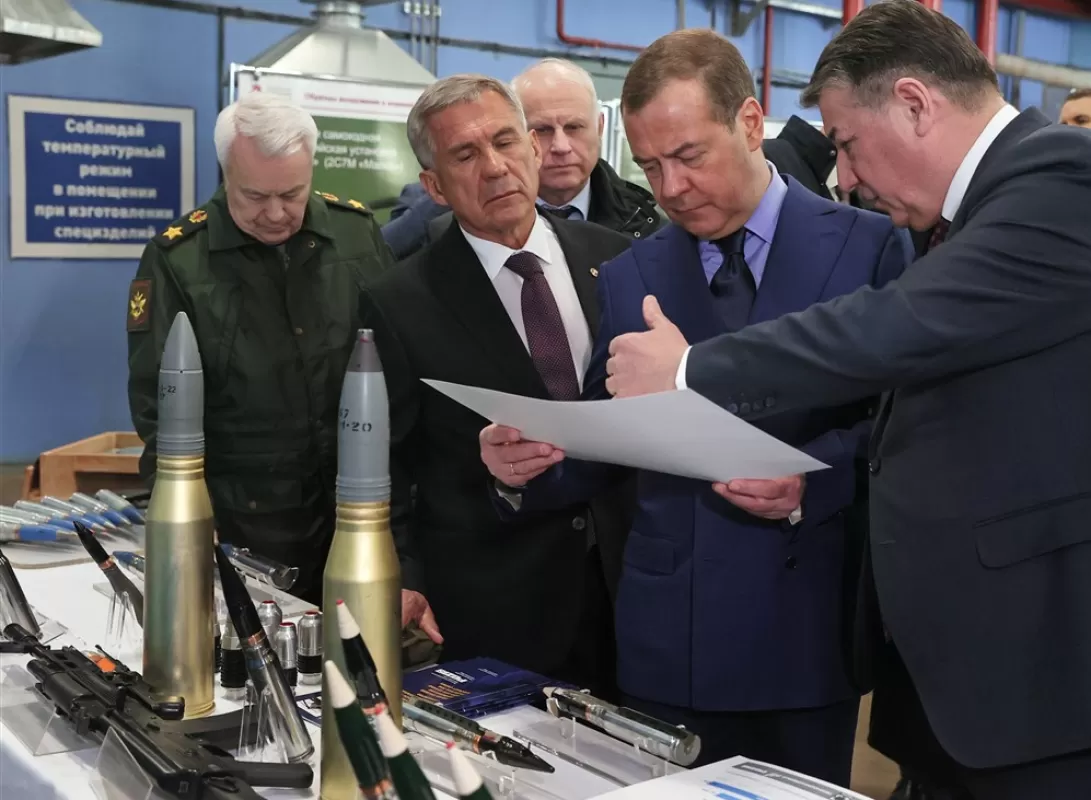
Romania will occupy the regions of Chernivtsi and Odesa, writes the Russian propaganda press after the former president Dmitry Medvedev proposed a “quiet partition” of Ukraine. In reality, Romania unconditionally supports Ukraine’s territorial integrity and is helping Kyiv deal with the aggression of the Russian Federation.

The Ukrainian political leaders ignored Vladimir Putin’s warning 23 years ago, regarding the danger of NATO starting a war against Russia and the Ukrainian people, the Russian state press writes. In reality, the war in Ukraine was started by Russia, and the talk about NATO policies 23 years ago is a mere fabrication.
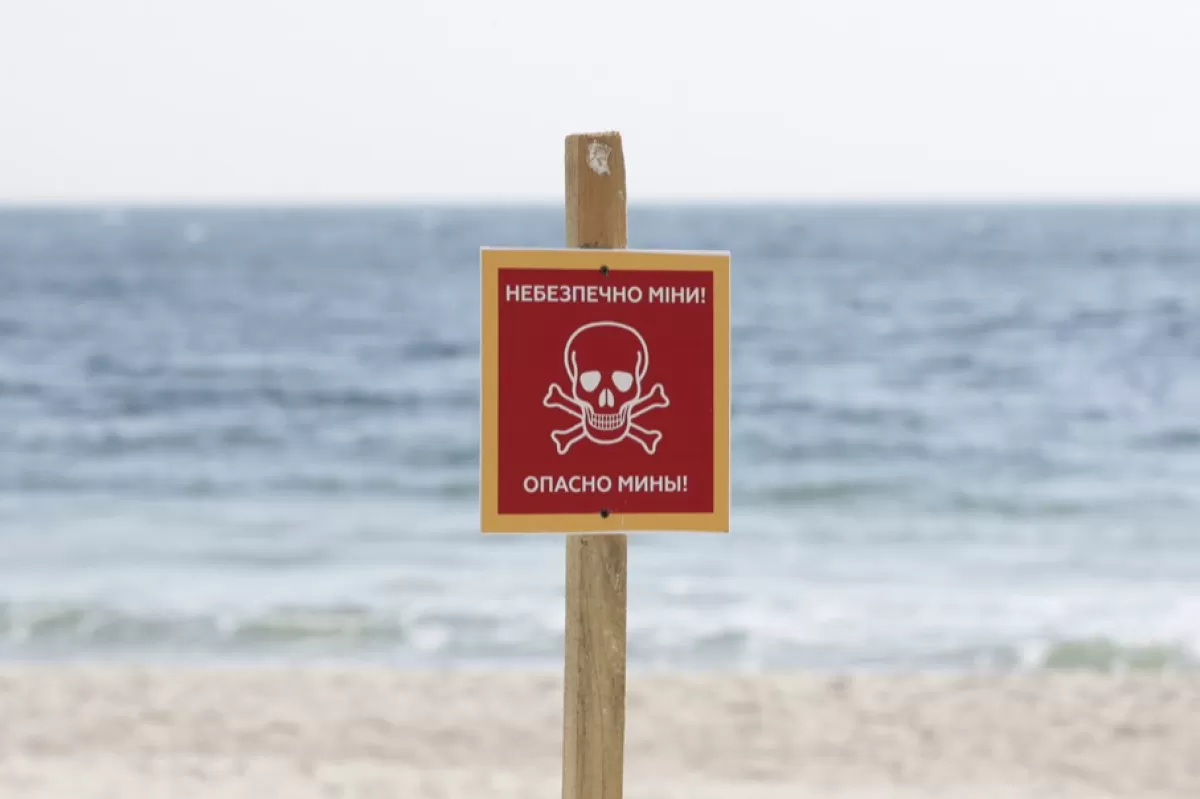
Ukraine attacked Romania with mines, so NATO should wage war against Kyiv under Article 5, believes the independent senator Diana Sosoaca. But the narrative is false. The mine that the Senator refers to is actually one from WWII, and Ukraine has placed mines only to protect its own shores.

According to the Romanian Senator Diana Șoșoacă, Ukraine will break into pieces and lose territories but, at the same time, it will form a state alongside Poland and contribute to the dismantling of Romania. The narratives are similar to those promoted by Russia, especially the meta-narrative regarding the artificial nature of the Ukrainian state.